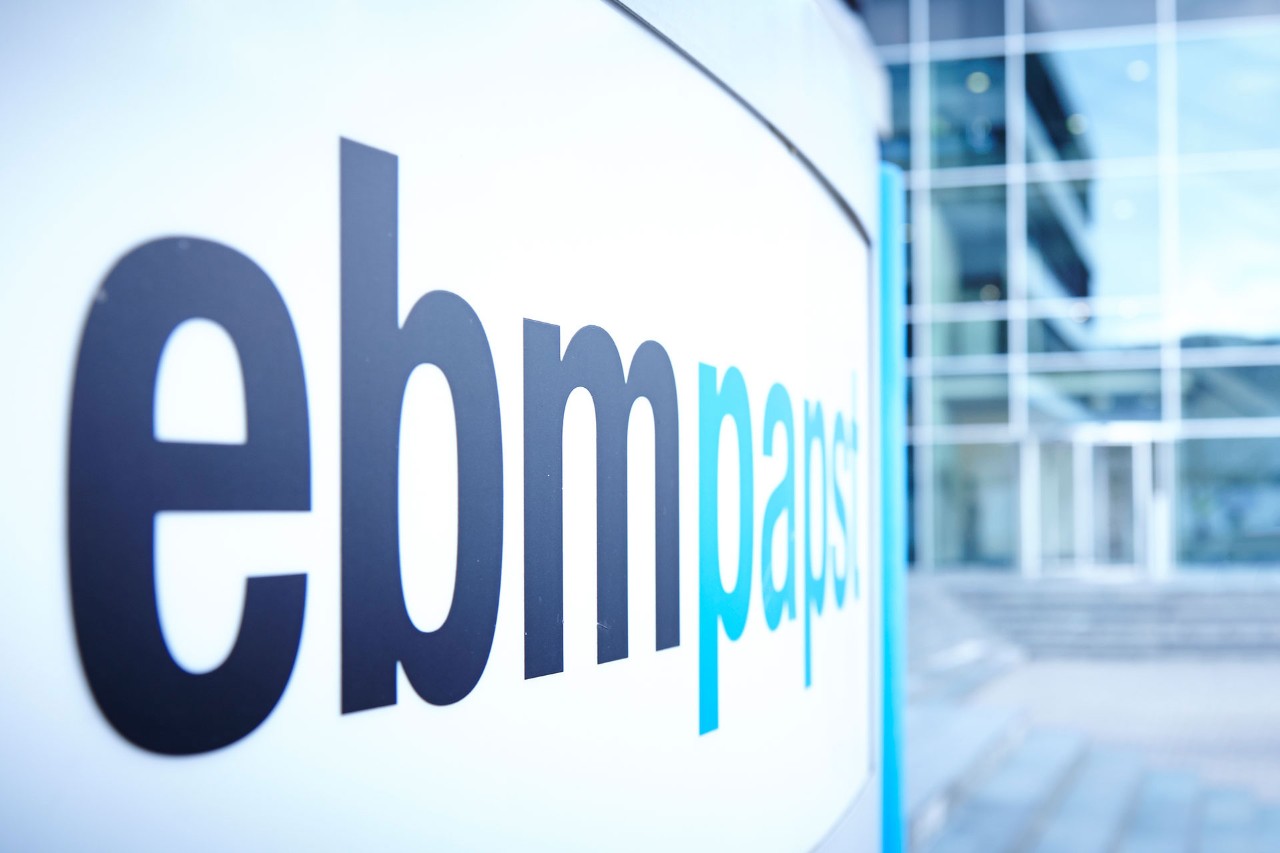Maintaining classroom teaching in schools is a goal that is being hotly debated throughout Germany. In order to prevent the corona virus from spreading among the pupils, numerous actions and precautions have been taken and are in place. Kupferzell, a community which was severely hit by the first wave of the virus, has just seen the start of a test project run by ebm-papst and Sauter Heizungstechnik in which the air quality in one classroom of the Johann-Friedrich-Mayer-Schule is measured digitally, monitored and in the final stage of which the inside air is purified.
Martin Schulz, Sales Manager of ebm-papst, the technological leader of ventilation and drive engineering headquartered in the region, and Martin Sauter of the local installation company Sauter are jointly responsible for the project. They based it on the sensor system developed by the digitization start-up ebm-papst neo to allow for precise data. ebm-papst neo, located in Dortmund, offers various products, hardware, software and services, among them for quality of indoor air which, since the start of COVID-19, has become of utmost importance. The start-up employs 20 specialists and develops new business fields through digitization.
The air quality sensors used measure temperature, humidity, and the content of CO2, TVOC and particulate matter in the classroom. ebm-papst neo and their international partners not only developed the sensors, but also the cloud solution they are based on. Via WLAN, the measured data are transmitted into the cloud where they are processed. This allows the teacher to access both current and historic data at any time and online. This gives direct and visual feedback on the effect of any action, such as regular airing or the number of people present being reduced. LEDs on the sensor also directly signal whether the values are ok, slightly raised or even exceeding the limit. Simultaneously, an air purifier with ebm-papst technology inside is also being used. “We are interested to know how pupils and teachers experience the daily use of such an air purifier and, in connection with the air quality readings, what impact it has on their sense of wellbeing and feeling good in the classroom”, explains Martin Schulz.
Back in March, the Baden-Wurttemberg town of Kupferzell had been extremely hit by the corona virus. Shortly after this, the Robert Koch-Institute came and started their antibody study “Corona Monitoring local”. The results showed a high number of unrecorded cases when it came to registered infections. Against this background, Kupferzell is now firmly resolved on prevention. That is why both the school administration and the local authorities welcome the ebm-papst project. Christoph Spieles, the mayor of Kupferzell, makes an appeal: “Here, our political system is also called upon to provide state subsidies allowing communities to invest in such systems to monitor and enhance indoor air quality.”


